We’re excited to introduce you to the always interesting and insightful John Payne. We hope you’ll enjoy our conversation with John below.
John, thanks for taking the time to share your stories with us today Let’s kick things off with your mission – what is it and what’s the story behind why it’s your mission?
I was adamantly anti-drug when I was younger. I was the Just Say No representative for my class and won the DARE essay contest in sixth grade. I fully bought into the drug war propaganda.
When I got a little older, I tried marijuana for the first time, and it immediately struck me as absurd that it was illegal. Worse, I felt like my government had systematically lied to me about the dangers of cannabis as a way to maintain a set of horribly repressive laws and policies.
This was the late 90’s in Southeast Missouri, so these views were not at all popular, but I had the zeal of the converted and refused to stop talking about it. I was routinely dismissed as hopelessly naïve or told that it was just a silly, unimportant issue. But I was absolutely convinced that the prohibition on marijuana was both utterly failing in stopping people from consuming while also ruining thousands of lives every year with pointless arrests, convictions, and incarceration.
When I left for college at Washington University in 2001, I quickly joined Students for a Sensible Drug Policy, but even on a college campus, these concerns were largely treated as niche. I distinctly remember going to then Congressman Lacy Clay’s office to speak to his staff about medical marijuana in 2005 and his staffer just laughing when we broached the subject.
It wasn’t until the 2012 election cycle when Colorado and Washington voted on adult use legalization that the subject began to get some serious consideration here in Missouri. I had recently become the Executive Director of Show-Me Cannabis and was now working full time on reforming the state’s cannabis laws. Perhaps the most common sentiment I heard expressed at the time was that legalization is a good idea, but it will never happen here.
I am happy to say that attitude is all but eliminated. In 2018, I led the campaign to legalize medical marijuana in Missouri via Amendment 2, which we won with nearly two thirds of the vote. The presumption almost immediately became that adult use legalization was now only a matter of time.
We are now one week away from an election where Missouri voters will finally have the option to legalize the responsible adult use of marijuana. It has been an extremely hard fought journey, from the drafting of the amendment through the signature collection and finally to communicating with voters about the need for a yes vote. There’s no guarantee the election will go our way, but regardless of the outcome, I am extremely proud of the role I have played in bringing the issue to prominence in my home state.
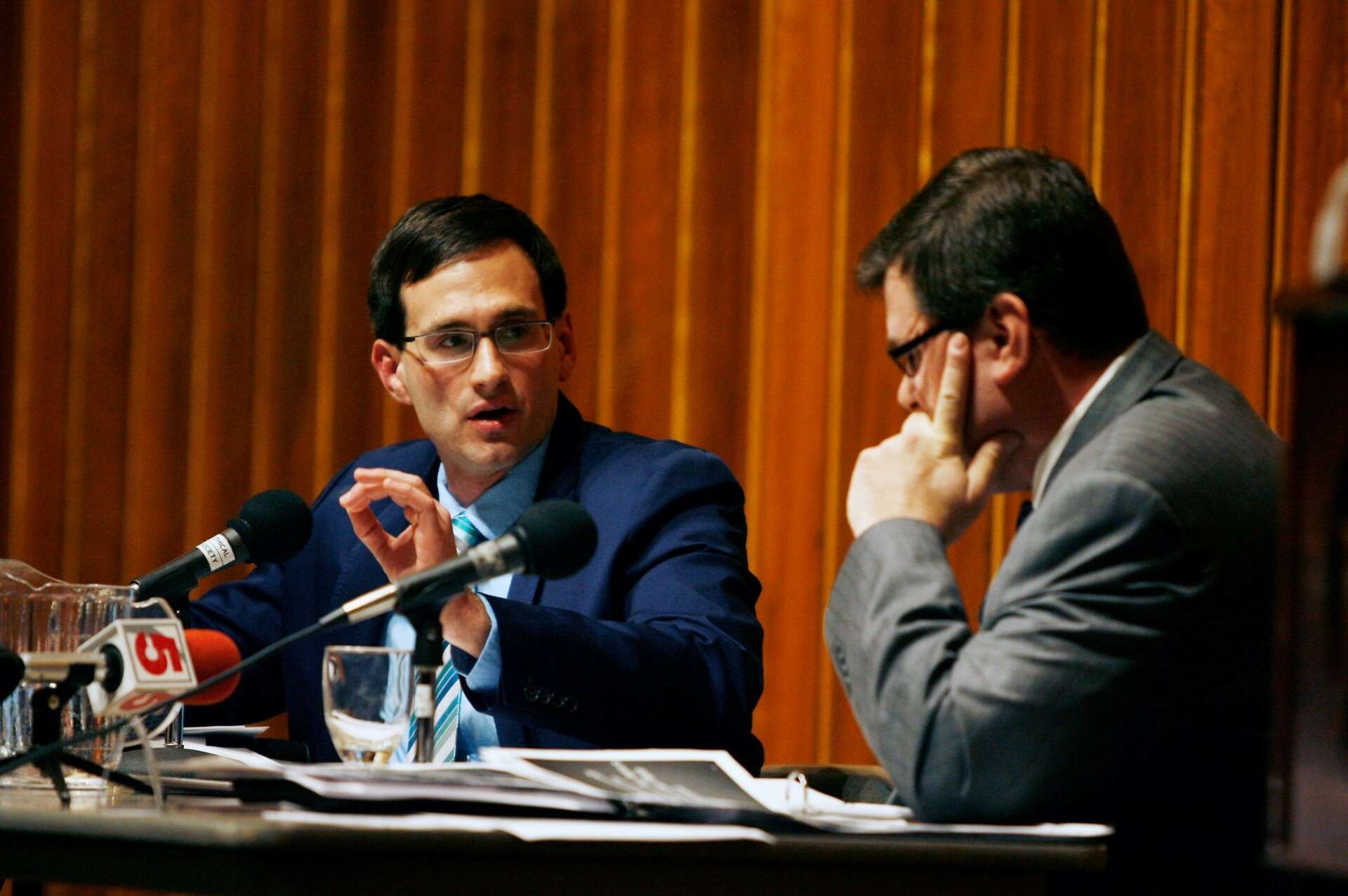
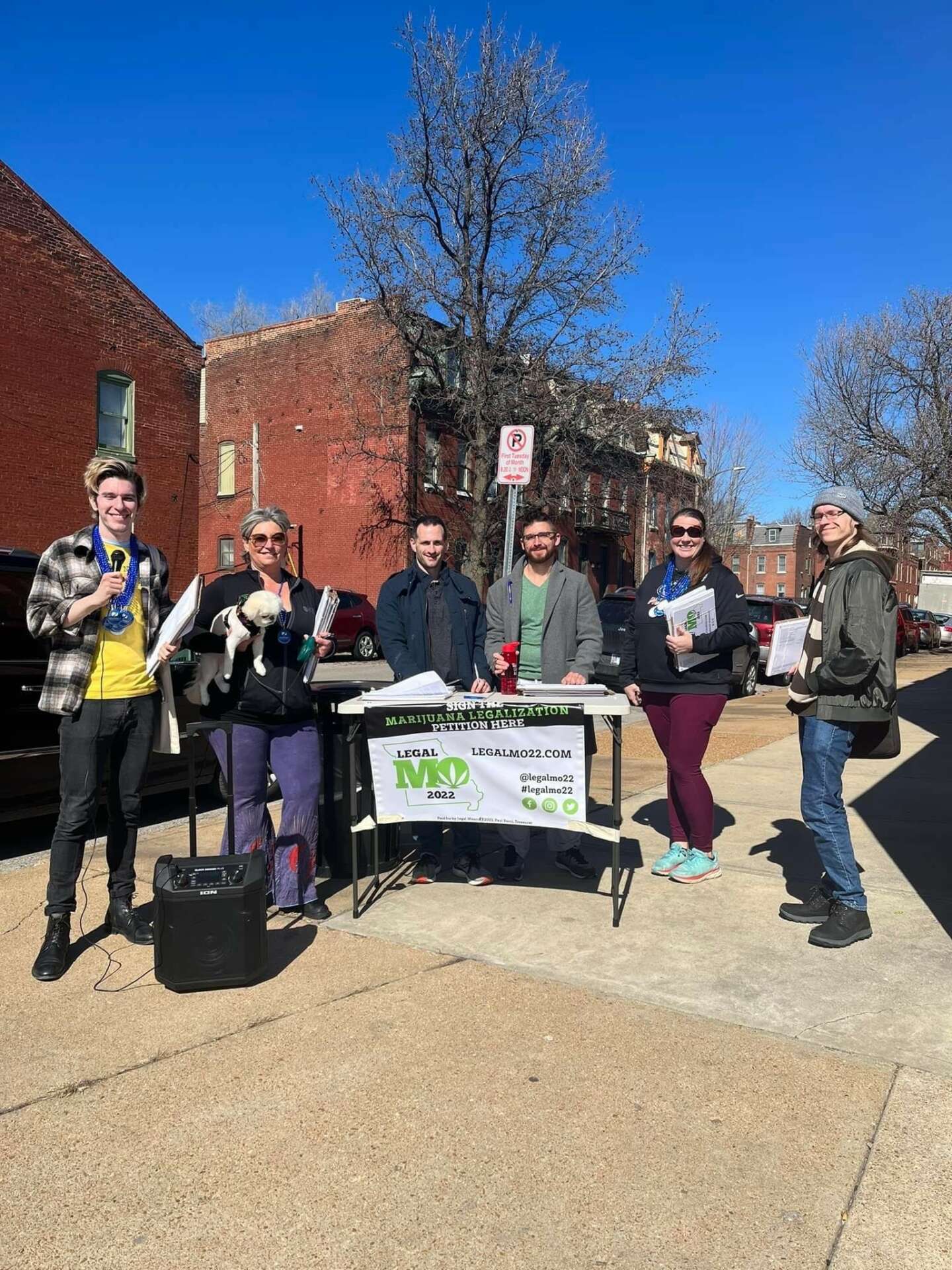
Awesome – so before we get into the rest of our questions, can you briefly introduce yourself to our readers.
I am the Founder and Managing Partner of Amendment 2 Consultants, where we offer consulting services to cannabis businesses across the country and political consulting primarily in Missouri. I started the firm in 2019 after managing the campaign to legalize medical marijuana in the state with Amendment 2, which passed with two thirds of the vote in 2018.
Our most notable client currently is Legal Missouri 2022, the proponent of Amendment 3 to legalize the adult use of marijuana and automatically expunge previous marijuana offenses. I have managed the campaign from its inception. That has included overseeing the drafting process with numerous stakeholders, organizing the signature drive for ballot access, and now finally communicating with voters about why they should vote yes on Election Day.
This is something I have dreamed of being part of since I was a teenager, but it did not seem like a realistic career path in Missouri nearly a quarter of a century ago. I have been involved with cannabis activism in Missouri since I joined Students for a Sensible Drug Policy at Washington University in 2001, so when a group of people were forming Show-Me Cannabis in 2011, they reached out to me about joining the team.
At the time, it seemed like a risky proposition to leave my policy research position at a think tank — and it was — but I was passionate about it and decided that I couldn’t pass up the opportunity. I was originally hired primarily as a spokesperson, but I was promoted to executive director of the organization within six months.
We operated as a bare bones organization for several years, primarily pushing decriminalization reforms at the local level and opening up the conversation about cannabis reform in the legislature. But we were always clear that our ultimate goal was to legalize the adult use of marijuana statewide.
In 2016, we came excruciatingly close to placing medical marijuana on the ballot, but missed by about 1,000 signatures in a single congressional district. Still, we stuck with it and came back in 2018 with Amendment 2 and passed it with an overwhelming majority, even while two other medical marijuana initiatives on the ballot at the same time failed.
Since then, my firm has worked with numerous groups applying for licenses both in Missouri and states such as Connecticut, Ohio, and Illinois. We also provide services for compliance, marketing, and strategic business consulting in addition to working on political campaigns.
Let’s talk about resilience next – do you have a story you can share with us?
In 2016, I led an initiative campaign to legalize medical marijuana in Missouri. The signature drive was exceptionally difficult and nearly collapsed several times because fundraising was difficult, and we simply did not have the money to pay our signature collection company.
Then about 10 days before signatures were due, I received a panicked email from the head of that company saying that we were still 20,000 signatures short in one congressional district. This was because their targeting was off and signature validation was running too slowly, so it was their error, but we had to scramble to put every person we could find into that congressional district in those final days.
It was chaotic and stressful, but when we submitted signatures, the company assured us we had enough. Again, this was wrong.
We were notified by the Secretary of State’s office in July that were short about 2,000 signatures in that one congressional district. You can appeal these determinations to the courts, which we did and immediately set about reviewing tens of thousands of signatures from any that might have been incorrectly invalidated by the local election authorities.
About ten volunteers and I spent the first two weeks of that September in the conference room of a law office in downtown Saint Louis going over the data, entering the information into spreadsheets, and preparing the evidence for trial. We there nearly around the clock, and the building’s air conditioning shut off every evening at 5:00, so the room developed a kind of locker room odor pretty early on in the process.
By the time of the trial, we had identified approximately 1,000 signatures that the Secretary of State’s office agreed should have been counted as valid, and we had another 600 or so that we likely could have prevailed on in court. But that still put us short, and the case ultimately came down to a category called “Wrong County” signatures, which are signatures from people registered to vote in the congressional district we needed them in, but they had signed a form for a different county.
We argued that constitutionally those signatures should count. The trial court was sympathetic to our argument, but the judge said that invalidating a statute in favor of our constitutional claims is something an appellate court would need to do. And that’s absolutely accurate, but the issue was that we had no time for an appeal because ballots would begin going out the next week, so the campaign ended there.
It was the hardest and most dispiriting experience of my professional career, but we immediately began planning for a campaign in 2018. We filed a very similar initiative just a couple weeks after the 2016 election and began gathering signatures for it in early 2017. We would ultimately pass that initiative as Amendment 2 — now Article XIV of the Missouri Constitution — with two thirds of the vote in November 2018, even as two other medical marijuana initiatives failed.
I remain extremely proud that we were able to pick ourselves up after such a terrible loss and immediately throw ourselves back into the fight.
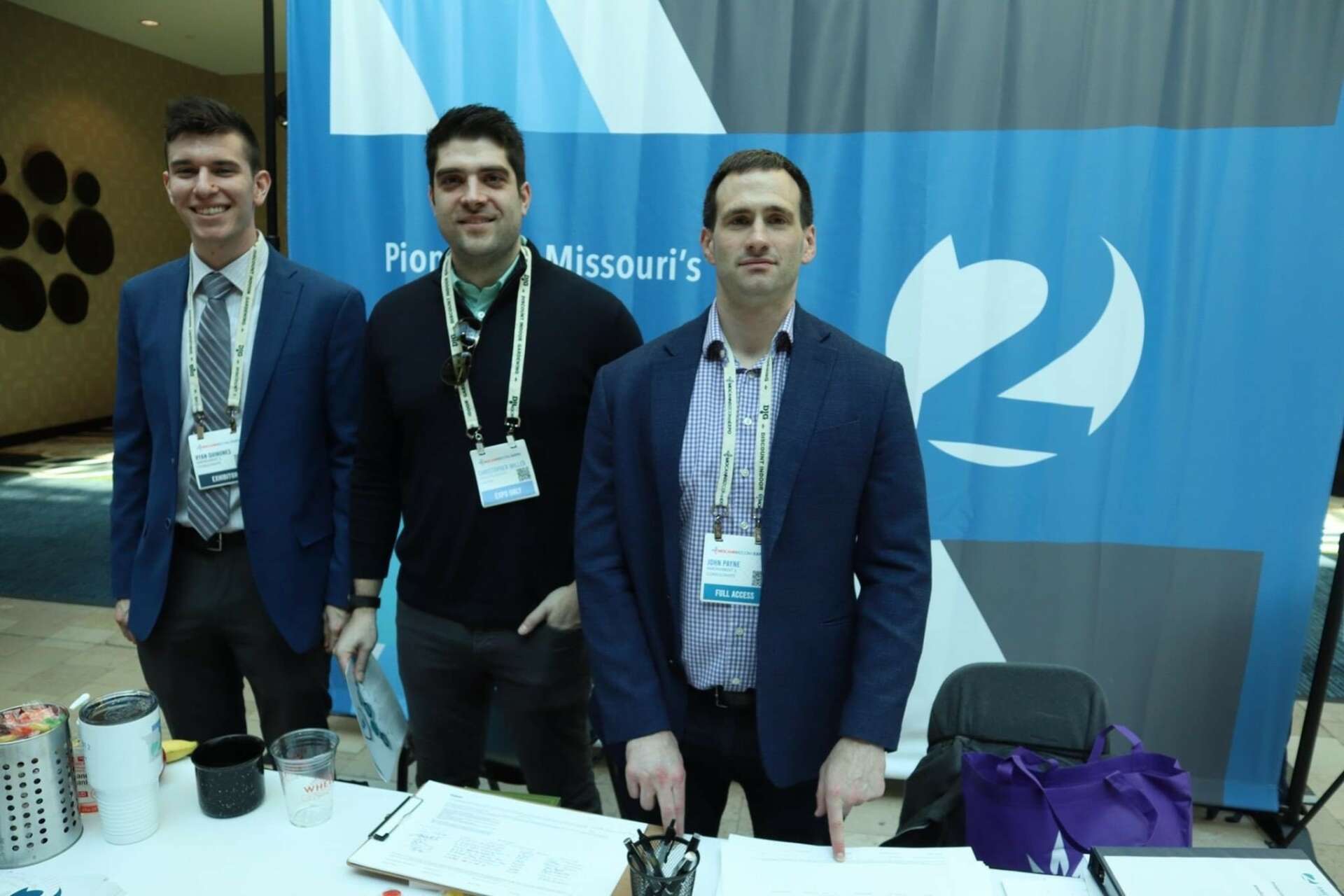
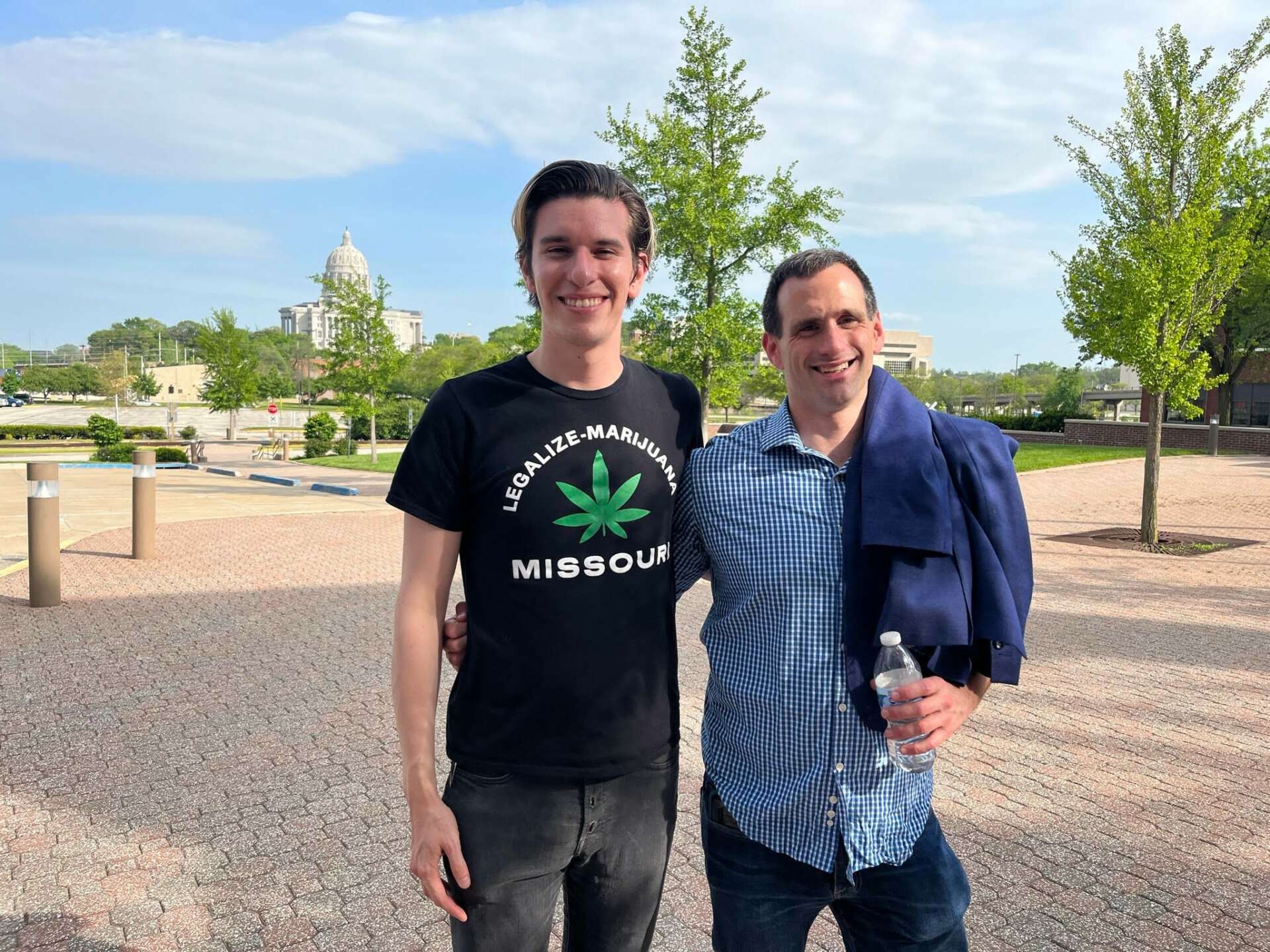
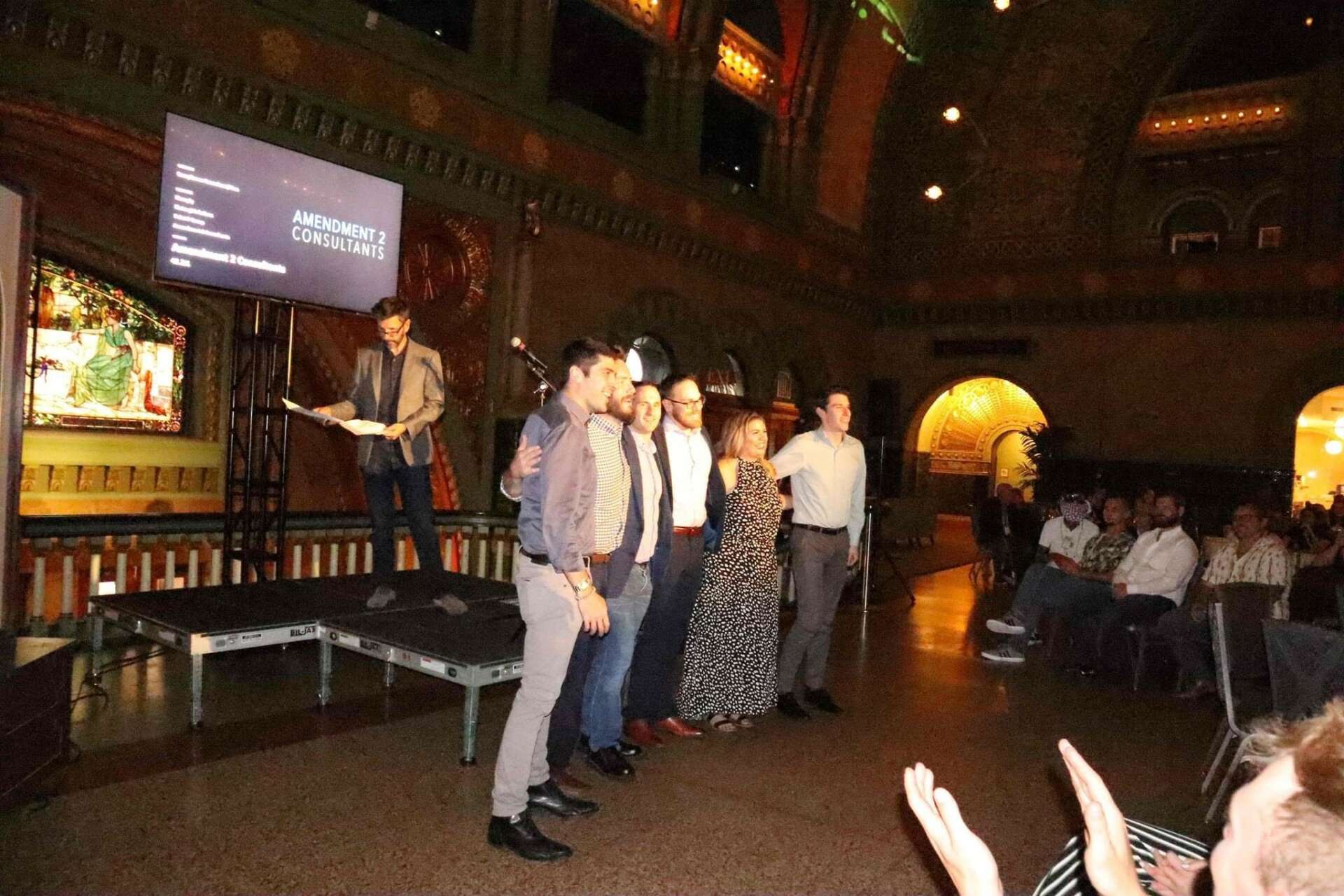
Can you tell us about what’s worked well for you in terms of growing your clientele?
We have primarily developed our clientele through word of mouth and industry events. After Amendment 2 passed in 2018, I was one of the most visible people associated with this new opportunity in Missouri, so I received countless invites to speak at events or to the media on the subject.
That in turn caused businesspeople interested in applying for medical marijuana licenses to seek me out as a consultant for their ventures. And those groups introduced me to others, many of whom have also gone on to become clients. It’s allowed us to grow the firm without the need for traditional advertising.
Contact Info:
- Website: https://www.amendment2consultants.com/
- Instagram: a_2_consultants
- Facebook: A2Consultants
- Linkedin: https://www.linkedin.com/company/amendment-2-consultants-a2c/


